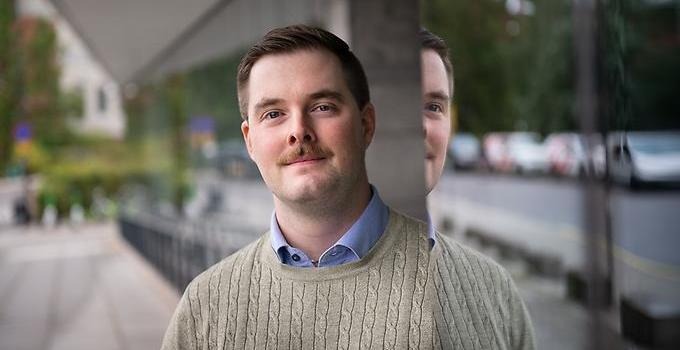
Doctoral studies
The Swedish Defence University has degree-awarding powers to issue doctoral degrees in the field of defence, crisis management, and security. So far, four doctoral programmes have been established in War Studies, Political Science with a specialisation in crisis management and security studies, Military History and Leadership and Command & Control.
Are you curious and interested in immersing yourself in issues related to defence, crisis management, and security? Then doctoral studies at the Swedish Defence University might be something for you. There is a growing need both in the civilian sector and the military for highly educated individuals who are knowledgeable about societal security.
In the field of defence, crisis management, and security, research is conducted into conditions and factors that affect the possibilities of preventing and managing crises, conflicts and wars as well as establishing security. Furthermore, the area comprises broader societal and ethical aspects on defence, crisis management and security, and cuts across a number of related themes; from military tactic, operations and technological use, to military strategy that, in turn, is closely connected to foreign and security policy. The area includes both the military dimension as well as societal crisis management, international law and civil-military collaboration.
Doctoral programmes
The aim of the Swedish Defence University's doctoral education is, among other things, to drive the development of academic knowledge and strengthen the research basis in the Officers' programme.
The doctoral programmes comprises four years of full-time studies, corresponding to 240 higher education credits. It consists of courses and an independent research project that should result in a doctoral dissertation, or a licentiate thesis if you choose to finish after two years.
The education provides broad knowledge and a systematic understanding of the research area as well as deep specialist knowledge. It also provides knowledge of scientific method and develops the ability for analysis, synthesis and critical review, as well as the ability to conduct research independently and creatively.
Read more about our graduate programmes in war studies, political science and military history below:
The Swedish Defence University's ambition is that, over time, more subjects will be established as third-cycle subjects in the field.
Doctoral studies in collaboration with other universities
In addition to the university's own graduate subjects, there are doctoral students in two additional subjects: International and Operational Law and Systems Science for Defence and Security. The doctoral students are then employed by the Swedish Defence University but through agreements enrolled at other institutions: University of Skövde, Jönköping University, Uppsala University etc.
Questions?
Do you have general questions about the doctoral program? Contact the research, education and student office: fus@fhs.se
Doctoral positions
The Swedish Defence University admits doctoral students once a year after an announcement. The announcements are advertised on our website for about two months before the application deadlin...
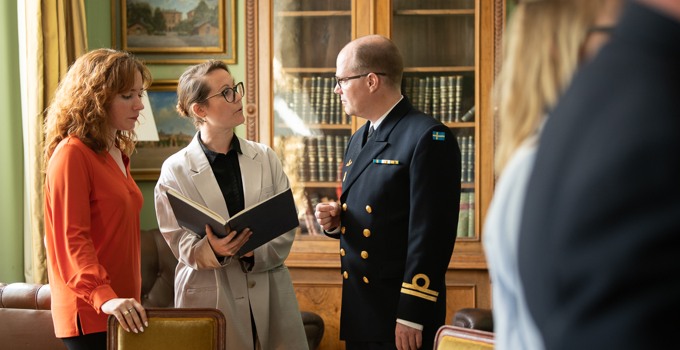
Handbook for doctoral studies
Enrolment in a doctoral programme entails dedication to a research project that ultimately leads, under supervision, to a doctoral degree. The doctoral education includes courses and the wri...
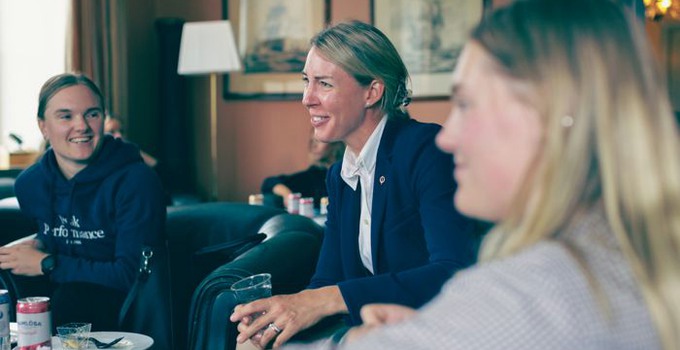
Our PhD students
Here you find more information and contact details to our PhD students.

Meet some of our PhD students
"The scarier scenario is a war on several fronts simultaneously"
Anders Ekholm researches operational art and examines the experiences of the Israeli Defence Forces. He has access to several sources in the region and is closely following the current situa...
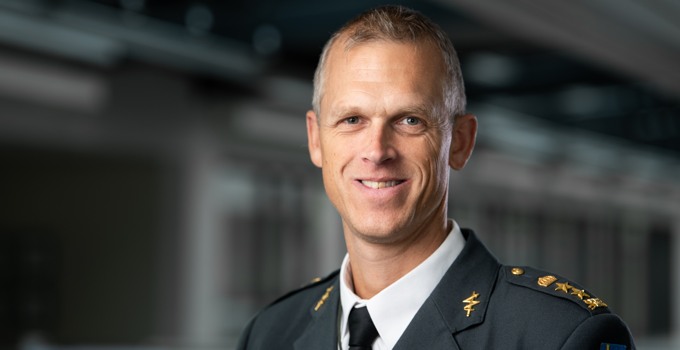
Focus on the Swedish Armed Forces' gender equality work
The slow progress of gender equality efforts in the Armed Forces is mainly caused by resistance to change at multiple levels within the organization, according to Frida Linehagen who studied...
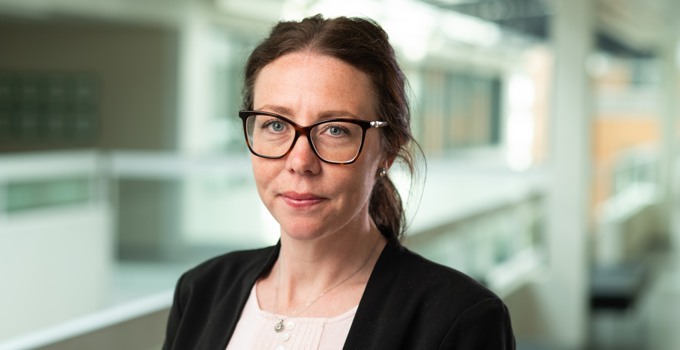
Innovative AI research about military decision support
Peter Bovet Emanuel is researching artificial intelligence (AI) and its impact on future warfare. In his research, he created two AI models for decision support. One of the models is very in...
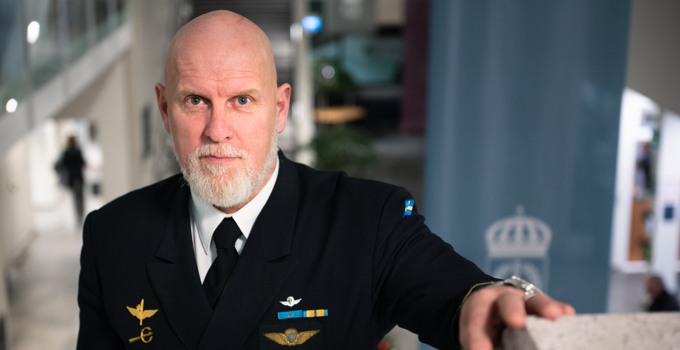
Field studies in Ukraine provide insights about cohesion in military units
Daniel Smith's PhD project focuses on understanding what contributes to cohesion in military units. To explore this, he has conducted interviews with soldiers and officers who have experienc...

From demining to doctoral studies
Henrique Garbino’s research focuses on the use of landmines and other explosive devices by non-state armed groups. With a background in the Brazilian Armed Forces and several international a...
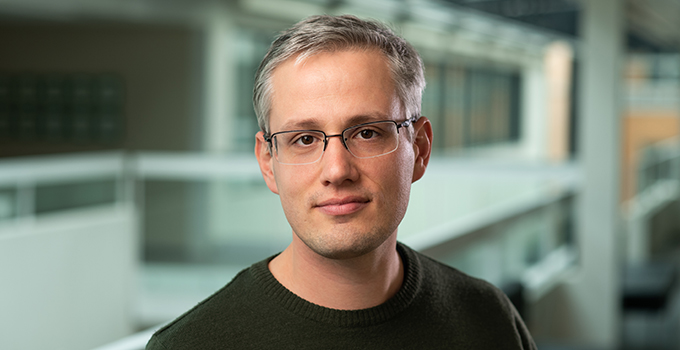
She wants to contribute to the Swedish total defence concept
Hanna Deiaco is passionate about the Swedish total defence concept. Both in theory and in practice. In her doctoral thesis, she digs into the question of what the total defence really is - b...

From coastal ranger to combat diver to the Swedish Defence University
Patrik Hulterström has dedicated his life to the military. He is now writing his doctoral dissertation on wargames. “If there’s one thing we don’t want, it’s war. If we don’t want it, we mu...
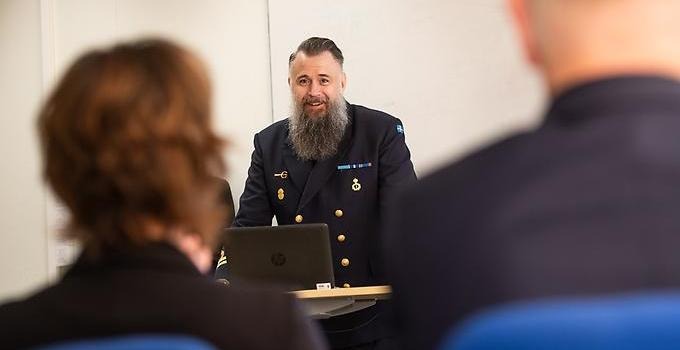
The conflict in Georgia triggered an interest in war studies
Although Emil Petersson does not have a military background he chose to conduct his doctoral studies at the Swedish Defence University. Events in South Ossetia thirteen years previously had...
